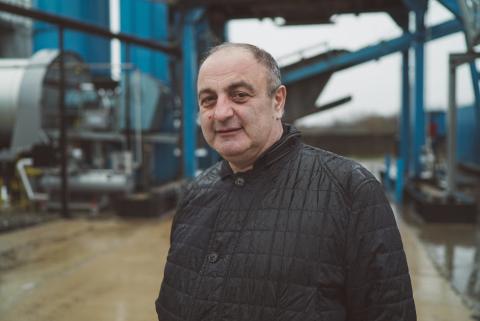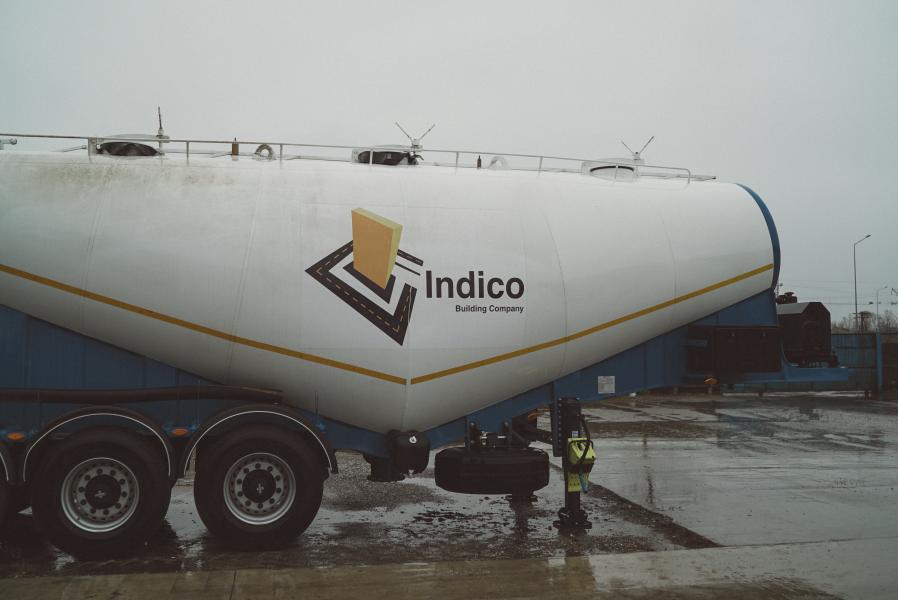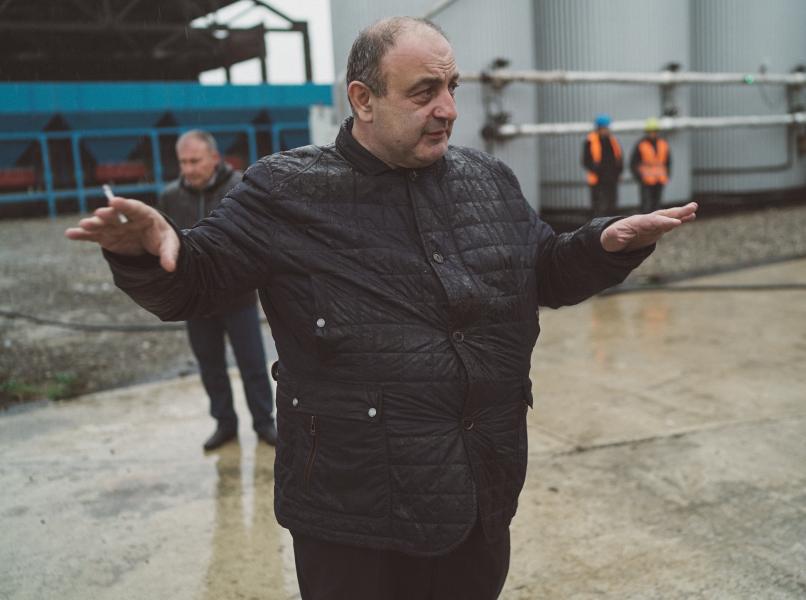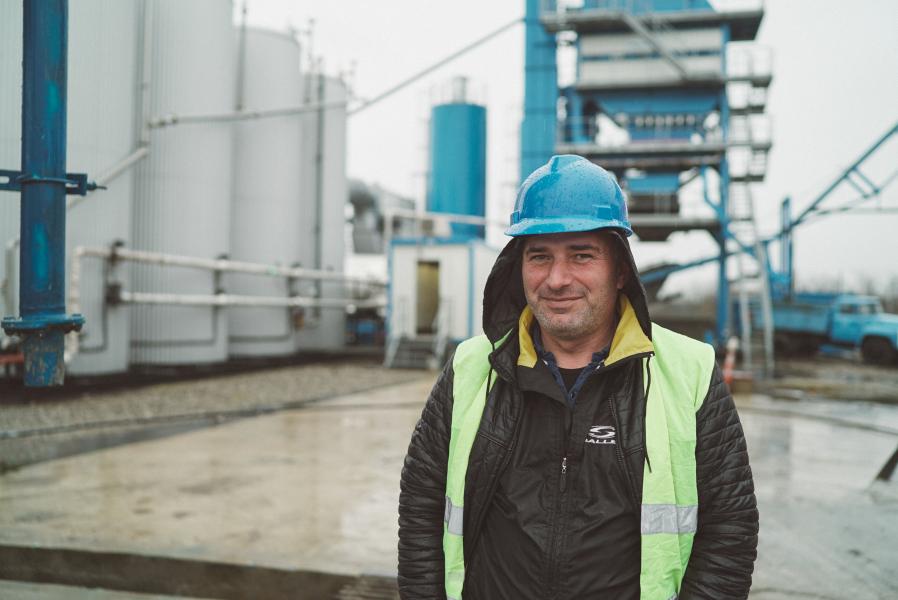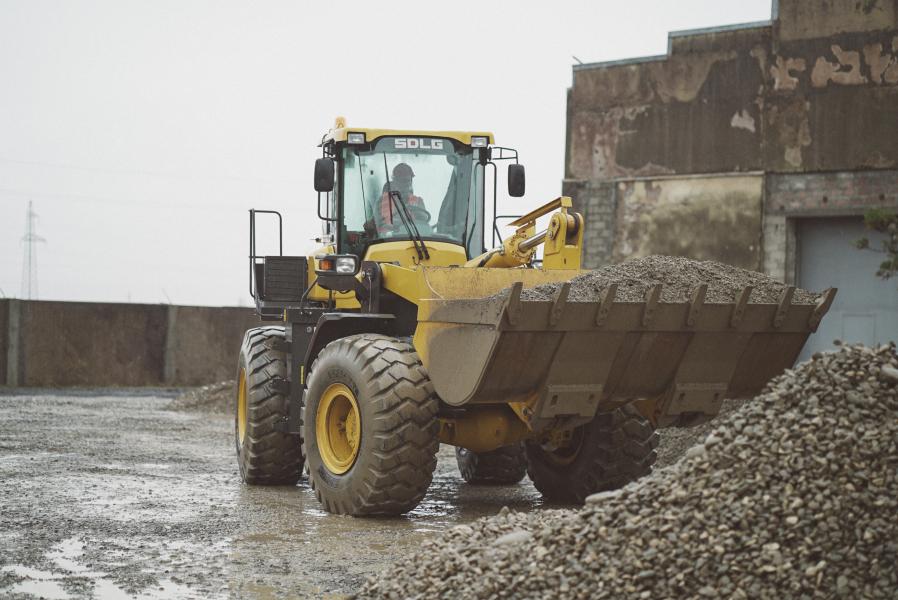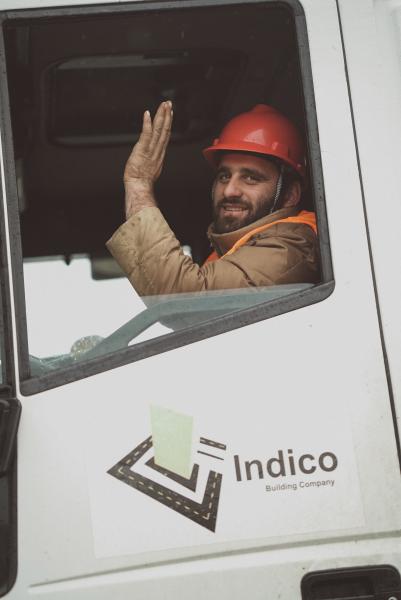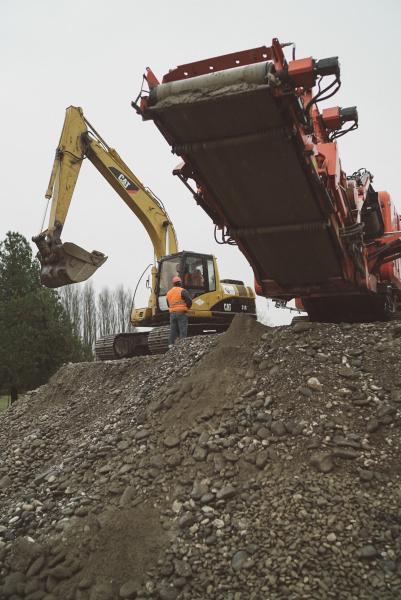“When you live in Senaki – a small town of nearly 40,000 inhabitants – you pretty much know who is who around [town]. Here we share joy and sorrow, and while some might consider that small-town life offers limited opportunities, I think the family spirit of a close-knit community helps us overcome economic difficulties and stand strong,” says Ioseb Gadelia, founder of road construction company Indico.
Last year alone, Indico laid 29 km of concrete roads and 64 km of asphalt roads, a matter of great pride to the company’s 80 employees.
“Our team of engineers brings years of experience. This makes Indico one of the leaders in western Georgia – although we do not benefit from as many infrastructure projects as those companies operating in the east, near the capital,” explains Gadelia.
Tbilisi, capital of Georgia and home to a third of the country’s population, generates almost half of Georgia’s GDP and has much higher income per capita than the rest of the country.
Despite these striking regional disparities, the management of Indico tries its best to procure most of the public tenders that become available, in order to grow the company and secure the livelihoods of its employees and their families. According to Gadelia, the firm’s success derives from its high-quality services, modern machinery, and the expertise of its construction-engineering team. He comments: “Technology everywhere, road construction included, is moving fast and changing the ways we operate. It is essential to constantly offer the highest-quality, modern standards and innovative solutions.”
In order to increase performance and further improve the company’s figures, Indico joined the ranks of up to 80 other firms that are supported in their endeavours by the EBRD and the European Union in the framework of the EU4Business initiative.
Hitting the European road
By signing association agreements in 2014, Georgia, Moldova and Ukraine moved one step closer to the European Union: the agreements included the establishment of a free trade area (DCFTA) between each of the three countries and the EU, the world's largest trading block, offering firms in these countries stable and preferential access to a market of 500 million consumers. In this context, the EBRD and EU have joined forces to help small and medium-sized enterprises make the most of their European ambitions, by offering them financing for business growth and investment in new technology to meet European standards.
Sand and gravel processors, wheel excavators, trucks, and other portable equipment complete the list of equipment purchased by Indico, with help from the EU4Business - EBRD Credit Line, which provides technical assistance and helps SMEs access finance for DCFTA-related investments. Through these investments, the company has been able to boost its productivity, replacing old technology with environmentally friendly updates and enhancing quality, as well as improving standards of health and safety, in line with the recommendations of project consultants.
“Indico is raising standards in road engineering, by investing in environmental responsibility and contributing to the overall alignment of Georgian transport infrastructure with EU standards,” explains Gadelia.
Indico is also modernising in other ways, promoting the employment of women in an industry that is usually male-dominated. Manana Gvasalia started her career at the company as an accountant but has confidently made her way to the top.
She comments: “Being a CEO of a road construction company is a huge challenge and responsibility. My job requires technical proficiency as well as excellent people skills. It has taken me time and effort to get accustomed to this field, but now I feel that I am in the right place and time, ready to work even harder on more ambitious projects.”
One such project is kicking off just 50 km away – the construction of the first deep sea port in Anaklia, which is expected to revive Georgia’s position as a strategic trade gateway connecting Europe, Central Asia, the Middle East and China. Just as importantly, this project will breathe new life into neighbouring regions within Georgia.
“With modern equipment and European standards in-house, we hope to be tasked with the construction of highways and roads for better connectivity, and to play our modest part in boosting trade and prosperity for the good of our country,” concludes Gadelia.

